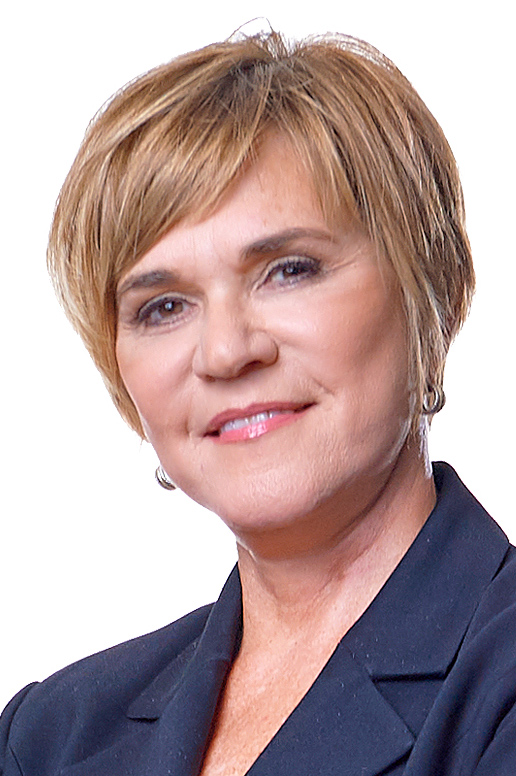
A recently held U.S. Senate Finance Committee hearing, entitled Rural Health Care in America: Challenges and Opportunities, featured a Pennsylvania pilot program, which seeks to innovatively address the challenges of maintaining access to care in rural communities.
Pennsylvania’s Rural Global Payment Pilot is designed to provide prospective budgets to hospitals, which will, in turn, provide those hospitals with a prospective revenue stream. The revenue stream produced from these reports will allow rural hospitals to better plan health care delivery services in their communities. Currently, the Rural Global Payment Pilot is intended to include Medicare, Medicaid, and commercial payers.
Karen Murphy, executive vice president, chief innovation officer, and founding director of the Steel Institute for Healthcare Innovation, Geisinger, provided testimony on the expert witness panel, speaking to her work as the original driver of the Pennsylvania Rural Health Initiative.
“I began my tenure as Secretary of Health assessing the status of the health care delivery systems in Pennsylvania. I was struck by the financial instability of the rural hospitals,” Murphy said. “An overwhelming majority of the 67 rural hospitals were not in a position to weather any financial challenge and had not invested in their facilities for many years. I found from my research that rural hospitals in other states faced the same challenges as those in Pennsylvania.”
A five-year extension of significant rural payment programs was provided by Congress in the Bipartisan Budget Act of 2018, which was enacted in early February, in an attempt to stabilize payments for rural hospitals. Members of the Senate Finance Committee, however, acknowledged that more substantial policy work is required to maintain and sustain rural health care.
Murphy stated in her testimony that previous attempts to stabilize rural hospital systems through additional payments provided by federal and state governments have been unsuccessful in a changing health care industry, particularly in rural communities.
“Hospitals need adequate time to develop effective transformation plans,” Murphy said. “The transition from fee-for-service reimbursement to a global budget requires a completely new paradigm moving from volume to value.”